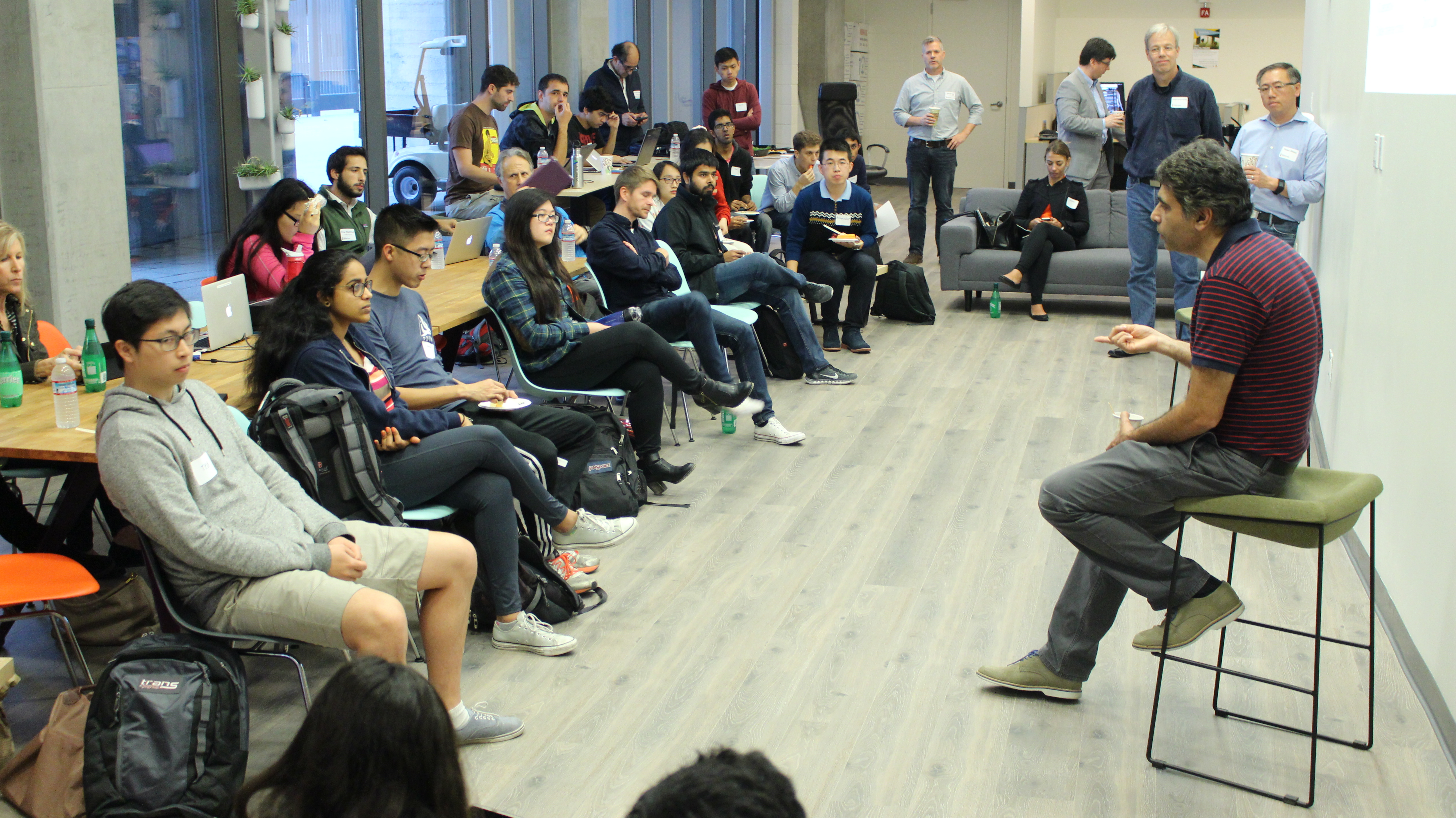New course helps students create blockchain startups
Blockchain is one of the most exciting new technologies that continues to make its mark not only around the world but also right here on UC Berkeley campus. The Sutardja Center for Entrepreneurship & Technology has introduced a Blockchain Lab to teach students how to start companies implementing blockchain technology. Companies ranging from medical data trackers to voting assurance have started to use blockchain to prevent hacker threats and ensure safety amongst clients and customers.

On February 1st, UC Berkeley students attended the Sutardja Center’s first ever Blockchain Lab. Like other labs, the Blockchain Lab features a series of speakers, primarily industry leaders, and faculty who work to teach students about the foundation of entrepreneurship.

During the first class, Professor Po Chi Wu brought in entrepreneurs who have started companies that implement Blockchain technology. One entrepreneur started the company Neighborly, which makes municipal bonds accessible and transparent. It provides a better way for people to invest in public projects that they care about and allows for communities to approach civic capital formation. To clarify, civic capital is the result of people coming together to create solutions to immediate problems at hand.
 Intellus Learning, created by David Kim, empowers instructors to access open educational resources and its academic library materials to help replace expensive course materials. After speaking more about his company, Kim spoke further about how each team can start to form Blockchain related ideas for the entirety of the class.
Intellus Learning, created by David Kim, empowers instructors to access open educational resources and its academic library materials to help replace expensive course materials. After speaking more about his company, Kim spoke further about how each team can start to form Blockchain related ideas for the entirety of the class.
Wu later talked about the structure of the course and what the first ever Blockchain Lab hopes to achieve. Initially, students in the class must form teams after participating in a series of challenges. Each team then must brainstorm how to implement Blockchain in its startup and what problems can be solved with the use of such technology. Later, the teams must validate and score their ideas so that they can ensure their idea is one that solves a problem for a large enough market size. Lastly, each team is required to understand the customer pain by conducting customer interviews, which will allow them to make the pivots necessary to move forward.
To learn more about Blockchain Lab, click here.
